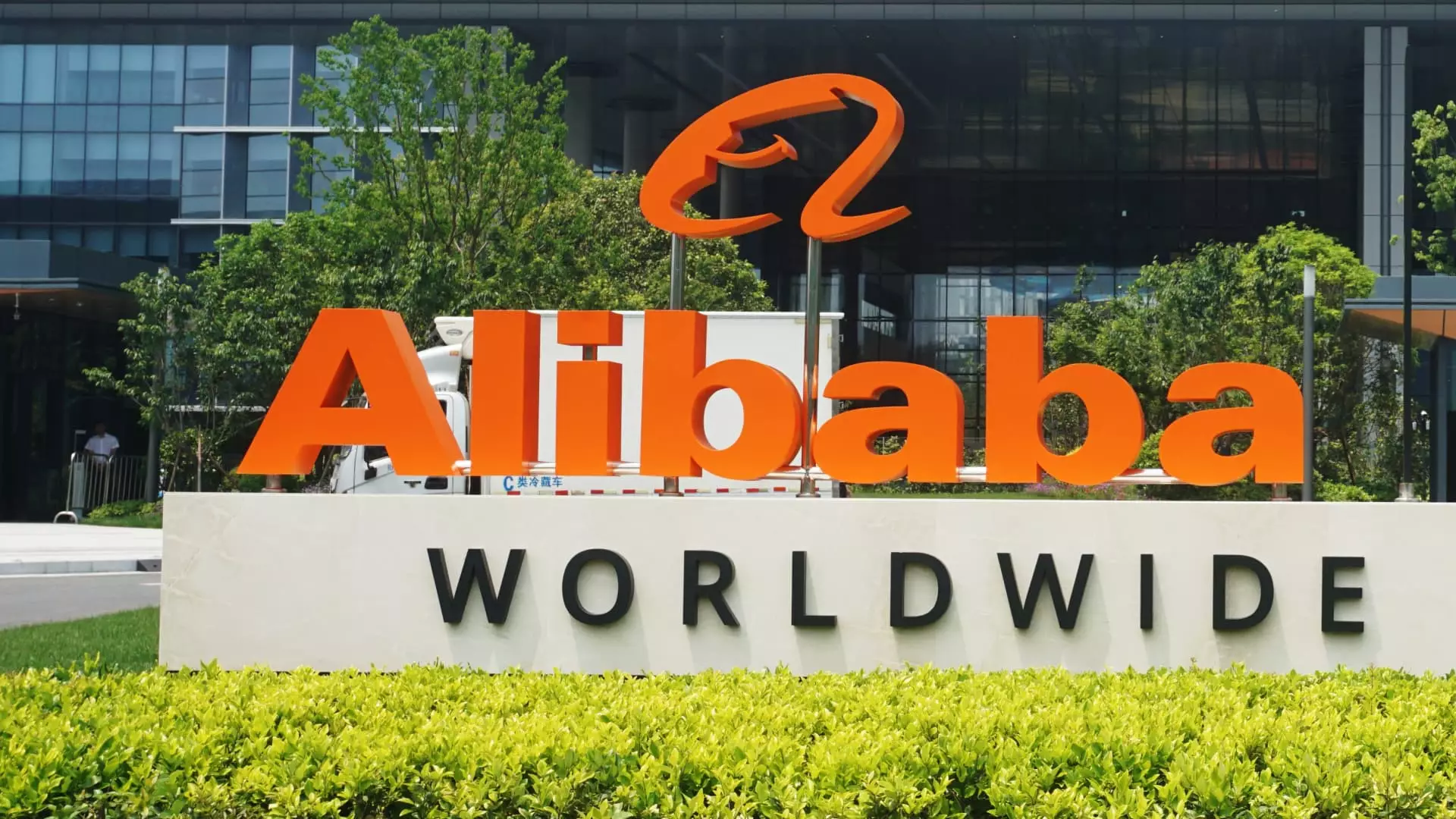In recent years, the demand for efficient translation tools has surged as businesses look to expand their global reach. Recognizing this need, Alibaba’s international division has recently unveiled an advanced AI-driven translation tool, Marco MT, positioning itself as a frontrunner against established competitors like Google and DeepL. This move underscores Alibaba’s ambitions to solidify its role in the evolving landscape of e-commerce, particularly as it pertains to international merchants eager to penetrate new markets.
Alibaba’s claims regarding the superiority of Marco MT are rooted in assessments conducted using the Flores translation benchmarking framework. This is a critical point of differentiation, as the effective evaluation of translation tools is often obscured by subjective user experience. Marco MT utilizes large language models (LLMs) to provide translations that account for context, culture, and industry jargon—the very issues that can make or break a seller’s success in a foreign market. In a conversation with CNBC, Kaifu Zhang, Alibaba’s Vice President, emphasized the intent of the tool to enhance merchants’ profitability, stating that a healthy bottom line for sellers directly contributes to the platform’s success.
One of the most innovative aspects of Alibaba’s Marco MT is its focus on contextual awareness. Traditional translation tools often falter in delivering culturally nuanced translations. For instance, Zhang cited an example where a literal translation of a colloquial term could lead to misunderstandings, potentially alienating consumers rather than attracting them. The ability to go beyond mere words and convey intended meanings could significantly influence consumer purchasing decisions. This added layer of sophistication not only enhances user experience but also serves as a crucial competitive edge in a crowded market.
Alibaba’s focus on attracting users from Europe, the Americas, and emerging markets is indicative of a broader strategy to tap into diverse customer bases. Zhang noted that nearly half of the top 20 users of the AI translation tool hail from developing nations. This insight not only highlights the potential for growth in less saturated markets but also reflects the changing dynamics of global commerce. As e-commerce continues to thrive, especially in regions like Southeast Asia and Africa, the demand for efficient localization services is expected to rise.
Beyond the launch of Marco MT, this strategy is evident in Alibaba’s broader efforts to capture international markets. The success of e-commerce entities like PDD Holdings’ Temu and ByteDance’s TikTok in global markets illustrates the shifting landscape and the velocity at which competition is escalating. Consequently, Alibaba’s merchants are not only competing against each other but are also placed in direct rivalry with Western counterparts—highlighting the urgent need for tools that facilitate seamless international commerce.
Although Alibaba has refrained from disclosing specific pricing for the updated tool, the pricing model appears to be volume-based, where merchants are charged according to the amount of text needing translation. This approach is not uncommon in the AI service space, especially for tools that require significant computational resources. Furthermore, Zhang indicated that Marco MT would be bundled within various service packages, making it more accessible for businesses seeking to establish a foothold overseas. The integration of such technology into existing business operations aims to elevate the overall consumer experience, particularly during high-stakes events like the Double 11 shopping festival.
Since last year, Alibaba has reported that its original translation tool was employed for upwards of 100 million product listings, a testament to its utility among merchants. The international unit of Alibaba has shown robust sales growth—32% year-on-year in the latest quarter—contrasting with a slight decline in Alibaba’s main domestic operations. This disparity serves as a potent reminder of the potential international openings for Chinese businesses, further spurred by improved AI technologies.
Analysts are optimistic about Alibaba’s continued growth, even as challenges arise from increasing competition and regulatory scrutiny. With the expectation of a 29% growth in international revenues, the outlook remains promising. However, the true test will be whether Marco MT can deliver on its lofty promises and whether Alibaba can maintain its rapid trajectory amidst an ever-evolving global e-commerce landscape.
Alibaba’s introduction of Marco MT reflects the convergence of technology and commerce, driven by the necessity for effective cross-cultural communication. As the e-commerce environment continues to expand, the significance of enhanced AI translation tools cannot be overstated; they may very well define the success of merchants navigating the complexities of global markets.

Leave a Reply